Many cleaning products on the market right now are super effective against germs and bacteria but aren’t considered to be eco-friendly. Why sacrifice having a clean and germ-free home when you can’t use a product that is safe to use around your kids and pets? The answer is, you don’t have to, because there is already a super effective and safe product within your pantry: distilled white vinegar. If you’re wondering just what this product can do for you and your home, allow us to give you a few examples.
Why Clean with Vinegar?
White vinegar is an effective and powerful natural cleaner, degreaser, and even disinfectant. If you’re wondering how this super common household product could possibly be any kind of “miracle cleaner”, then sit tight because it’s time for some science. Vinegar is made from about 4-5% acetic acid, otherwise called ethanoic acid. Acetic acid is produced both naturally, by bacteria found in both food and water, as well as synthetically, like what is found in vinegar.
The acetic acid in vinegar is what gives it that pungent smell and makes it such an effective cleaning product. It can break down and dissolve most dirt, oil, grease, and grime. In fact, we recommend cleaning with vinegar to almost all of our clients. It works best for general household cleaning purposes on surfaces that can handle acidic products, so make sure you test small areas before cleaning if you aren’t sure.
Using Vinegar Around the House
Below, you’ll find a list of ways you can start to implement vinegar into your regular cleaning and disinfecting schedule. Plus, we’ll even explain what makes vinegar so effective and remind you why it’s such an incredible cleaning product to have on hand at all times. If you’re curious to see how you can start using vinegar around your home, keep reading!
1. Mop Linoleum & Tile Floors
When cleaning up around the house, you can never forget the floors. If you’re looking to clean and freshen up your floors in a more eco-friendly way, you can create a highly effective solution of a gallon of water and about ½ cup of white vinegar. Just keep in mind that this particular mix should only be used on ceramic tile and no-wax linoleum flooring, not wood or natural stone.
2. Leave Windows & Mirrors Streak-Free
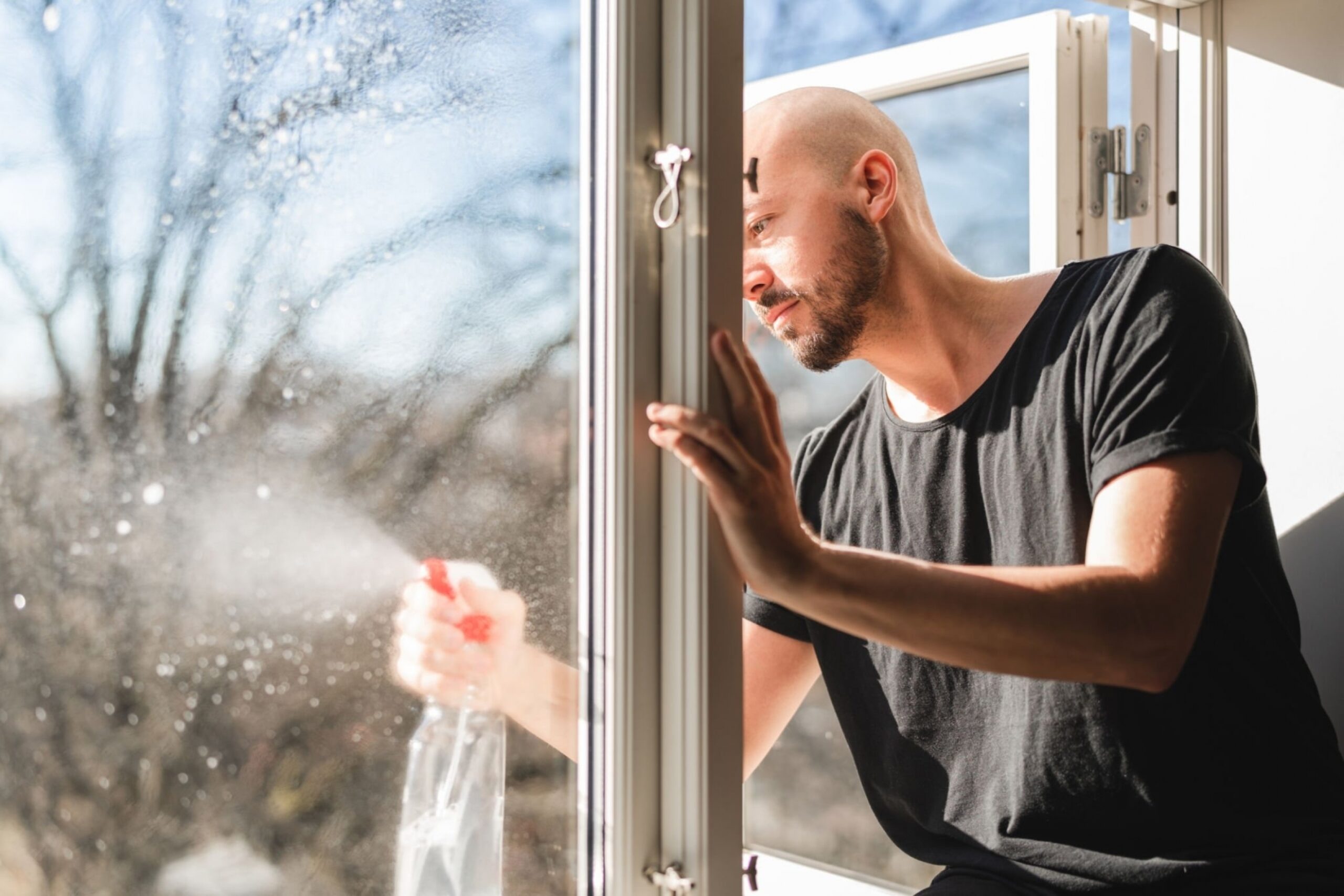
Streaky windows and mirrors can be the bane of our existence, this is almost a universal experience. Fortunately, we have just the solution to this problem. You can mix together a 2-to-1 solution of white vinegar and water to make the ultimate glass cleaner. You can also add a couple of drops of dish soap for extra cleaning power and a streak-free finish every time.
3. Clean & Deodorize Refrigerators
When it comes time to clean out your refrigerator and toss all those forgotten leftovers that got pushed to the very back, remember to be thorough. Use some vinegar when cleaning shelves and drawers and wiping up spills. You can even sprinkle a bit of baking soda to really scrub and deodorize while you clean. Vinegar is far safer to use around any food whether open or contained than most chemical cleaning products.
4. Freshen Dishwashers
Dishwashers can become overridden with musty odors after a while, especially if the filter hasn’t been cleaned out for a while. It happens to the best of us, so of course we have a solution for you. Simply add a cup of vinegar to the bottom of your dishwasher and run a regular cleaning cycle. The vinegar can double as a cleaner and a deodorizer to leave your dishwasher fresh and ready for another round.
5. Create an Eco-Friendly Air Freshener
Looking for a more natural and safe alternative to chemical air fresheners? We’ve got you covered. Mix half a teaspoon of vinegar with distilled water, plus a few drops of your favorite essential oil, in a spray bottle. Our favorite essential oils are lemon, eucalyptus, or tea tree but every home is different so tell us what kind of blends you come up with in the comments!
6. Clean & Disinfect Showers & Tubs
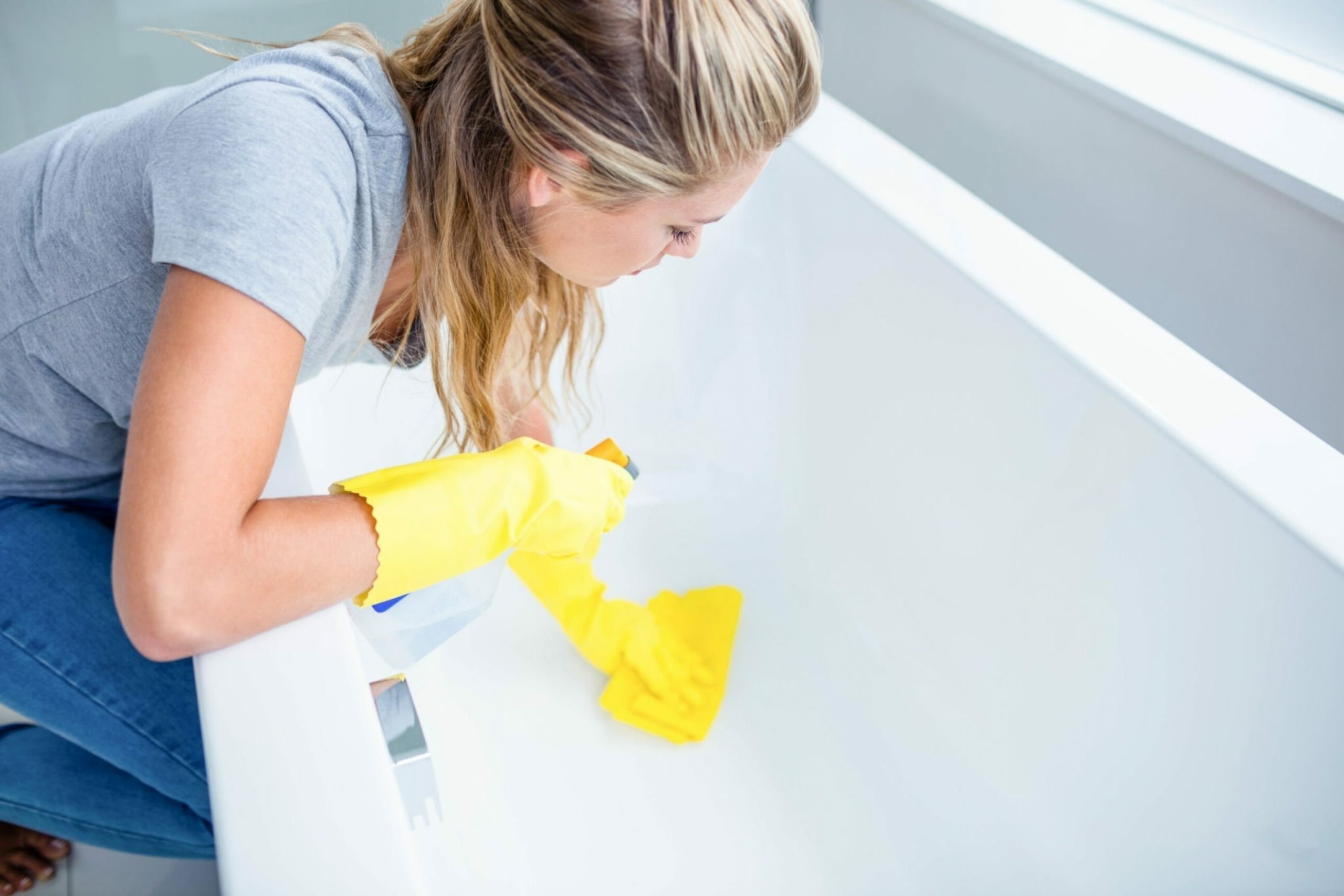
Tubs and showers tend to catch and hold soap scum and hard water stains, plus they always need regular cleaning and disinfecting. To combat those pesky stains you can mix together water and vinegar, and maybe add a few drops of dish soap. Spray or wipe that mixture on the walls of your shower or tub and leave it to work for about 15 minutes then clean it away for a fresh start.
7. Descale Faucets & Showerheads
Sink faucets and showerheads can become clogged and lose their pressure over time thanks to mineral deposits and hard water build-up. You can fix this by adding some white vinegar into a plastic bag and then securing it with a rubber band. Be sure to add enough vinegar to cover the bottom of the faucet or showerhead completely. Leave the bag on for a few hours or overnight, then remove it and let the water run.
8. Disinfect & Deodorize Mattresses
If you’ve noticed a strange smell or a random stain on your mattress while changing the sheets, we have just the fix. Just mix vinegar, a little rubbing alcohol, and some tea tree essential oil in a spray bottle and spritz this on your mattress. This solution helps combat dust mites, mildew, and general odors. If you find your mattress needs some deeper deodorizing, sprinkle some baking soda on top of the spray. Let the spray settle and dry, and then vacuum the mattress surface.
9. Descale Coffee Makers & Kettles
If you’re anything like us, you can barely function without your daily caffeine fix. The only problem is the state of your coffee maker, when was the last time you cleaned that? The solution? Pour an even mix of water and vinegar directly into the kettle and run it through the coffee maker or simply boil the water in the kettle then rinse thoroughly with water. If you have an automatic coffee maker, you can run plain water through a few times to get the smell and taste of vinegar out..
10. Disinfect Countertops
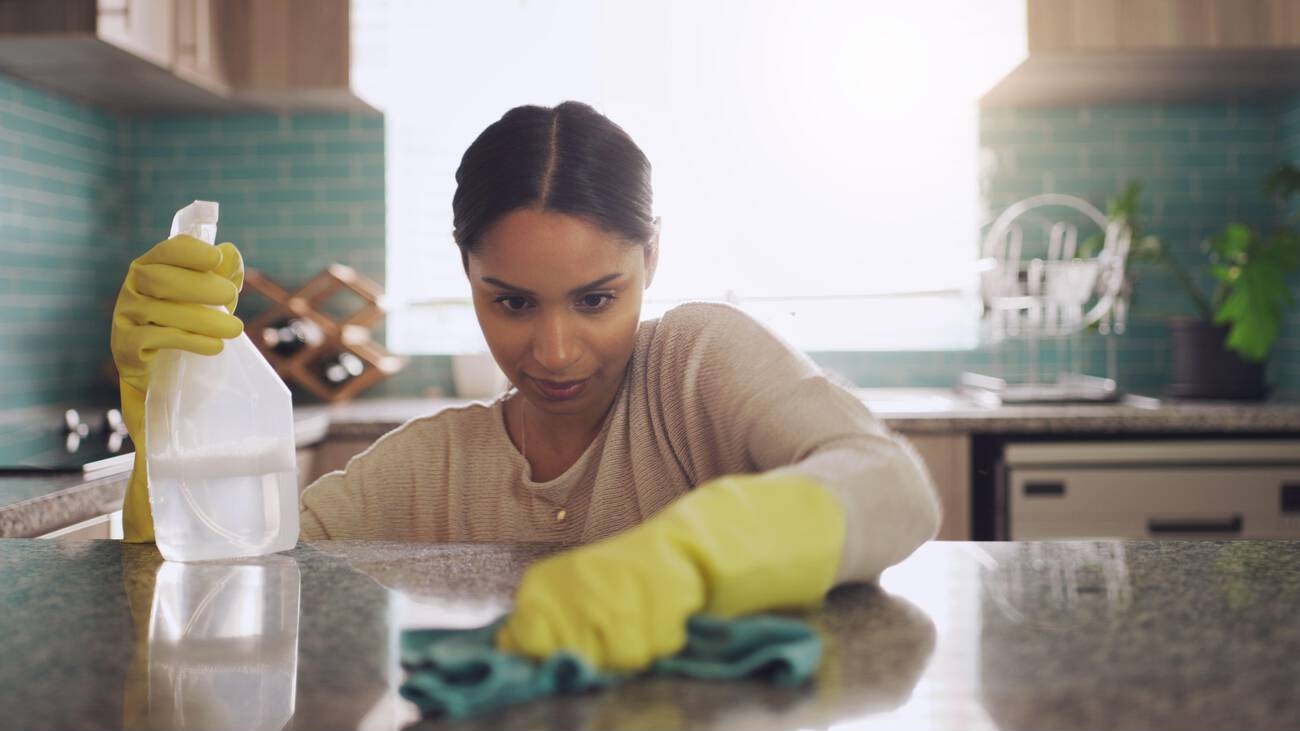
Kitchen and bathroom countertops are high-traffic surfaces that require regular cleaning and disinfecting. When cleaning surfaces like kitchen counters, you need to make sure to use food-safe and eco-friendly cleaning products as using chemicals can risk contaminating future food preparations. Luckily, vinegar is the best solution to this particular problem as all you’ll need to do is dilute a spray bottle of vinegar with some water. You can use this specific mixture on most countertops, however, you should avoid using vinegar to clean marble and granite.
11. Clean & Degrease Cookware
Cooking mishaps happen to everyone and can leave even our most durable pots and pans with baked-on messes. The best course of action to save your cookware is with vinegar of course. Simply fill the offending cookware with a half-and-half solution of water and vinegar and then bring it to a boil on the stove. Allow this mix to boil for a few minutes before allowing it to cool and follow with a good scrub.
12. Clean & Disinfect Plastic Cutting Boards
If you’ve prepared any kind of raw meat within the last few days, hopefully, you did so on a plastic cutting board. Even if you haven’t been preparing meat, when was the last time you deep cleaned and disinfected your go-to cutting board? Take a moment to spray and wipe both sides thoroughly with an even mixture of vinegar and water and then wash the board before letting it air dry and putting it away.
13. Degreasing Ovens
Much like our beloved cookware, ovens and stovetops can accumulate grease and oil with regular use throughout the week. The best way to cut through this greasy grimey mess is, of course, with vinegar. Mix water and vinegar in a spray bottle and spray the solution around the surface of the cooktop. Give it 10 minutes to cut through all that stubborn grease and then wipe it away with some warm water and a sponge.
14. Boost & Deodorize Laundry
Our final tip to share is by far one of our favorites. Everyone loves the feeling of freshly washed and warm laundry, and it turns out vinegar is the key. Adding half a cup of vinegar to your next load can both preserve and brighten the colors of the laundry. You can also toss in a full cup of vinegar to a rinse cycle to be a more eco-friendly and effective fabric softener and static reducer. We’ve tried this and can promise that you’ll notice the difference and you’ll love the results!
15. Clear Cloudy Glasses
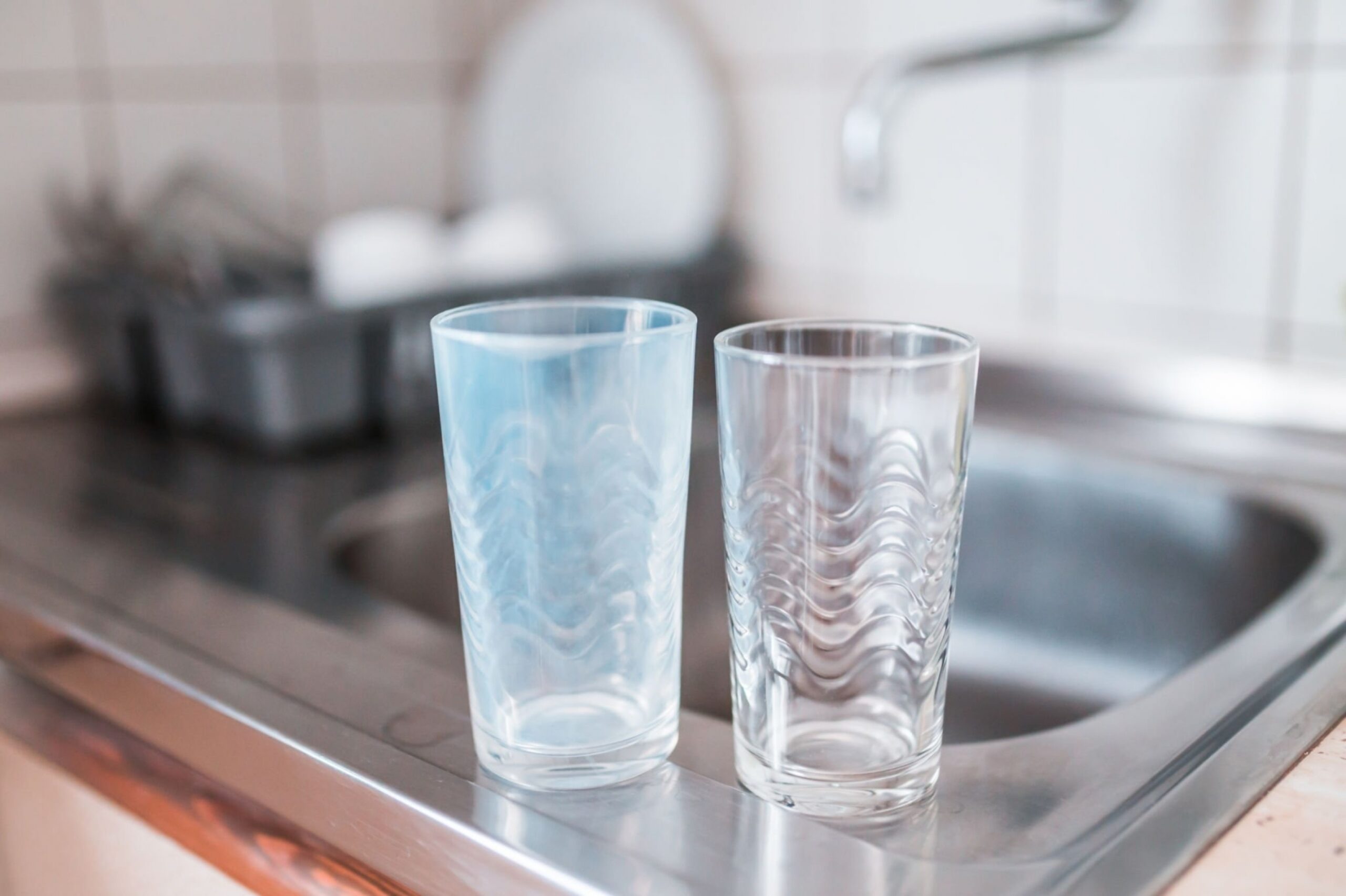
Glassware can develop a cloudy appearance with time, even after running them through the dishwasher. This is almost always due to hard water deposits, or frequent wine drinking (we don’t judge!), but it can be easily remedied with a little bit of white vinegar. All your cloudy glassware needs is a brief soak in a tub of vinegar followed by a quick wash and buff with a soft microfiber cloth.
What to Avoid When Cleaning with Vinegar
While vinegar can be an incredible cleaning product to have on hand, there are a few things you should keep in mind before going after your whole house:
- Vinegar can cause pitting on stainless steel, so we don’t recommend using it on kitchen knives or appliances without diluting it.
- You should also avoid using vinegar when cleaning marble, granite, and other natural stone countertops or floors because it can very easily damage the finish and or leave the surface looking dull or scratched.
- It’s also a good idea to avoid using vinegar to clean any electronic screens because it can damage the protective coating on devices and screens and make touch screens less effective.
- Be careful cleaning any wood countertops and or untreated or unfinished hardwood floors as undiluted vinegar can damage these beyond repair.
- As long as you keep these tips in mind, your home is well on its way to looking and smelling great.
FAQs
Will cleaning with vinegar leave a smell?
The bad news is that, yes, cleaning with vinegar can smell up your space, but the good news is that the smell of vinegar naturally dissipates after a few hours. In order to mask, or at least lessen the effects, of vinegar, we suggest both diluting it with water as well as adding a few drops of an essential oil like lemon or eucalyptus.
Can vinegar be used on all surfaces?
While safe to use on many surfaces to kill bacteria and clean, vinegar is not safe to use on natural stone, waxed wood, cast iron, or aluminum. This is because vinegar is about 5% acetic acid, which can harm some surfaces, so it is always recommended that you test it in an inconspicuous area before cleaning any surface.
How effective is vinegar against bacteria?
In most cases, vinegar does work as an effective disinfectant to some degree. However, it is not as effective against bacteria as bleach or other commercial cleaners. If you are looking to combat germs as effectively as possible, there may be other solutions you should try before reaching for vinegar.
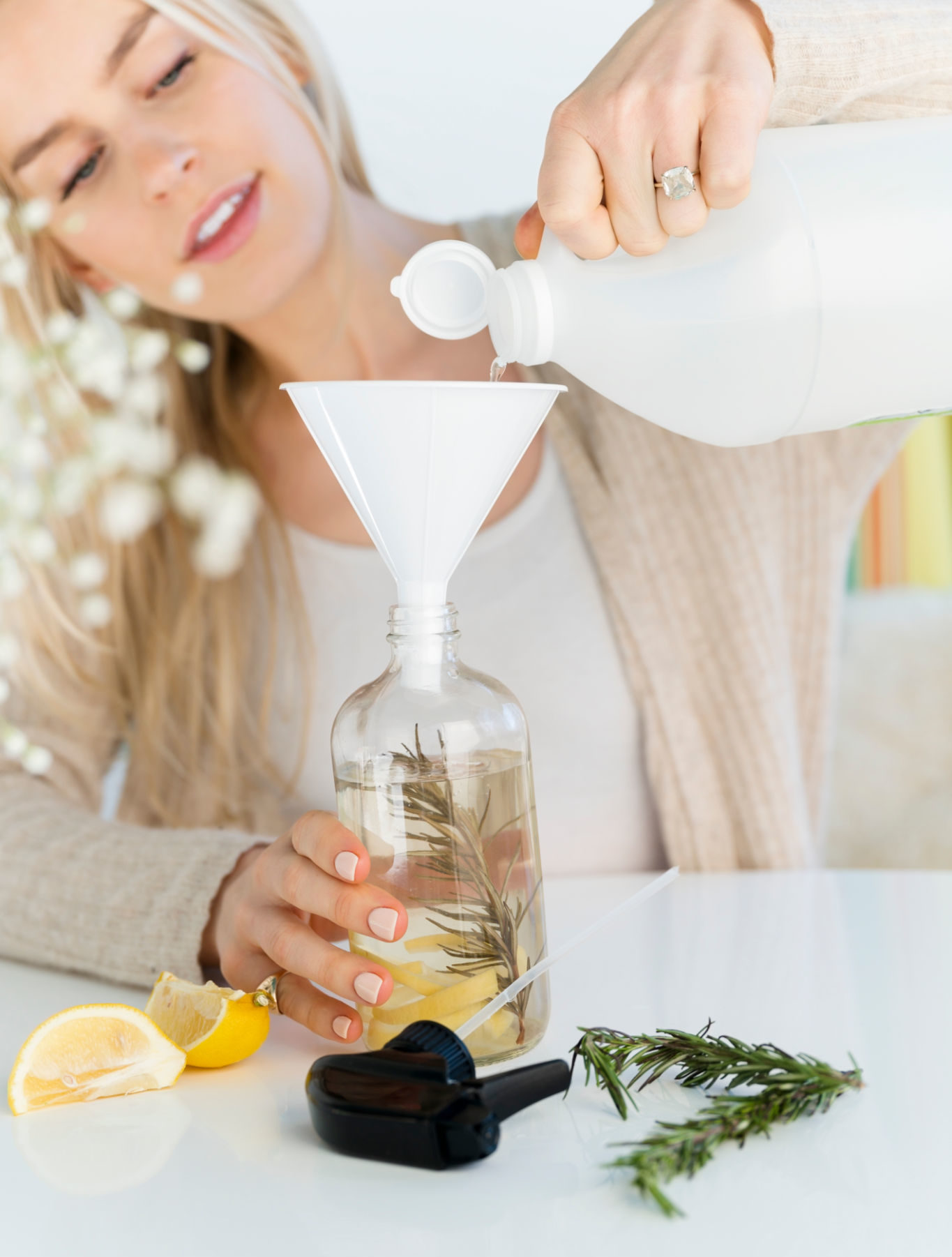
We hope you were able to learn more about the natural and eco-friendly cleaning and disinfecting capabilities of vinegar. Even if you just picked up a few new tips and tricks for cleaning around the house. Was there anything you knew already and use in your home? What other cleaning tips and tricks using vinegar have you tried around your home and become obsessed with? Tell us all about it in the comments below, we love hearing from you!
If you’re looking for some extra time and attention to detail around your home, but don’t want to sacrifice the desire for eco-friendly products, we’ve got you covered! We’re proud to offer eco-friendly products and services as the best house cleaners in Philadelphia. If you’re curious, check out our website and see for yourself. Contact us today and find out how we can help you keep your home looking and feeling amazing!
The post Making Cleaning Eco-Friendly with Vinegar appeared first on Cleanzen.
from Cleanzen https://cleanzen.com/blog/cleaning-with-vinegar/
via IFTTT
from Cleanzen Cleaning Services https://cleanzencleaningservices0.blogspot.com/2023/03/making-cleaning-eco-friendly-with.html
via IFTTT
from Gabriela Bragg https://gabrielabragg.blogspot.com/2023/03/making-cleaning-eco-friendly-with.html
via IFTTT
from Gabriela Bragg https://gabrielabragg.wordpress.com/2023/03/30/making-cleaning-eco-friendly-with-vinegar/
via IFTTT
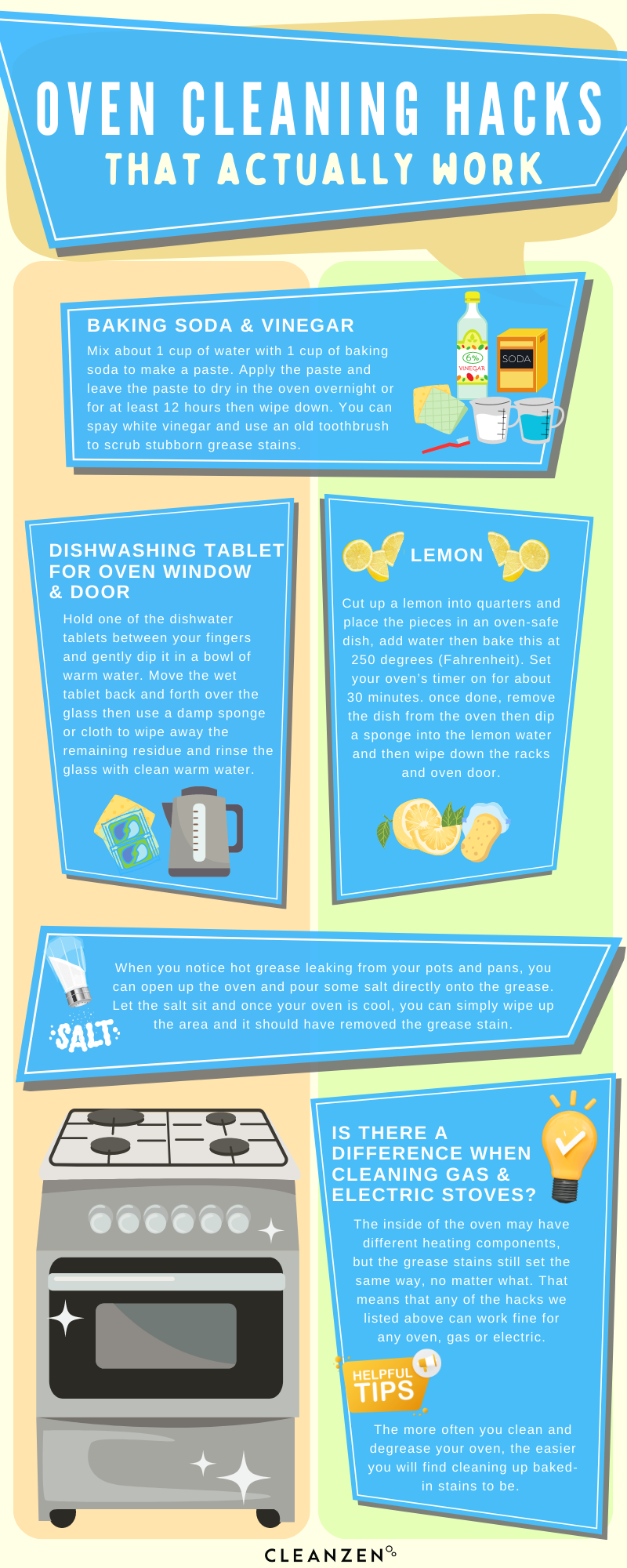
No comments:
Post a Comment